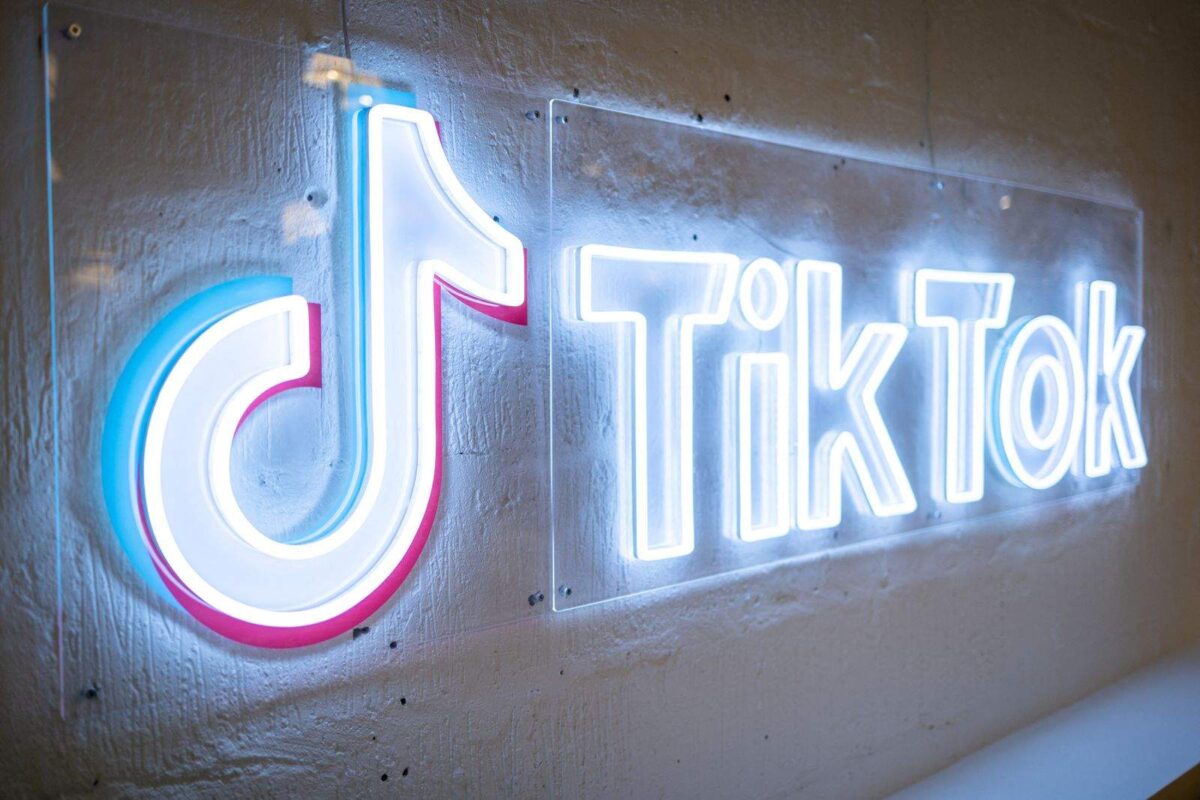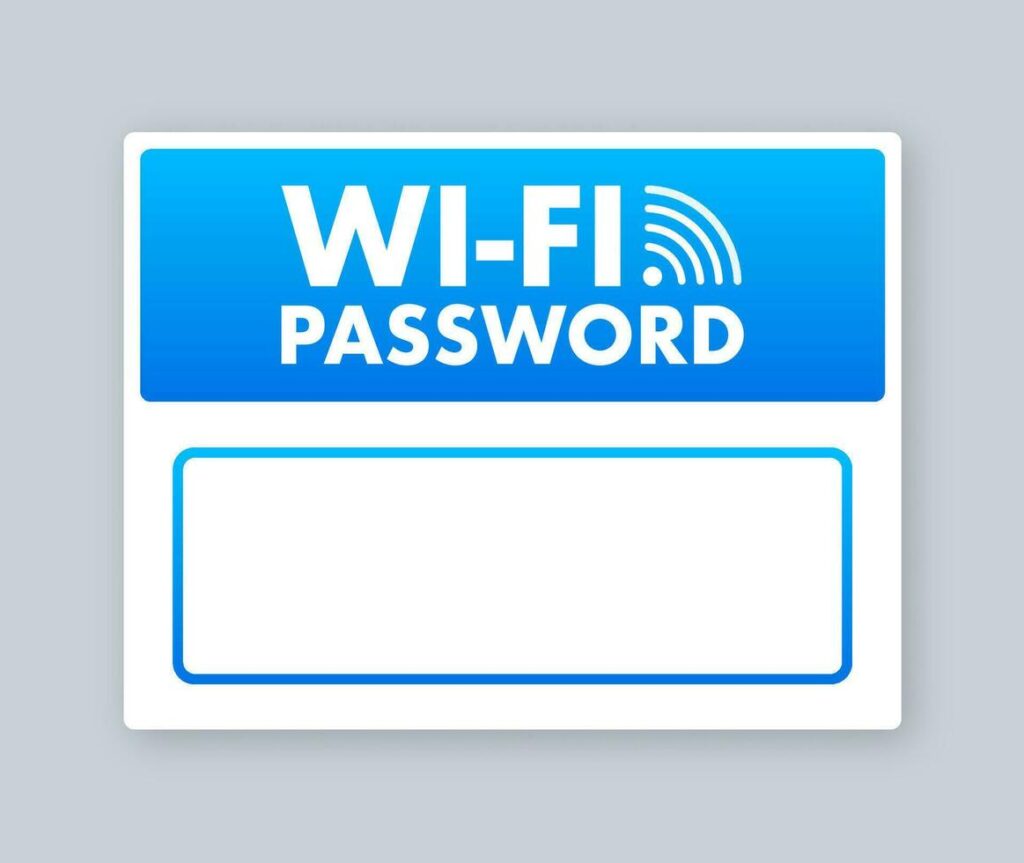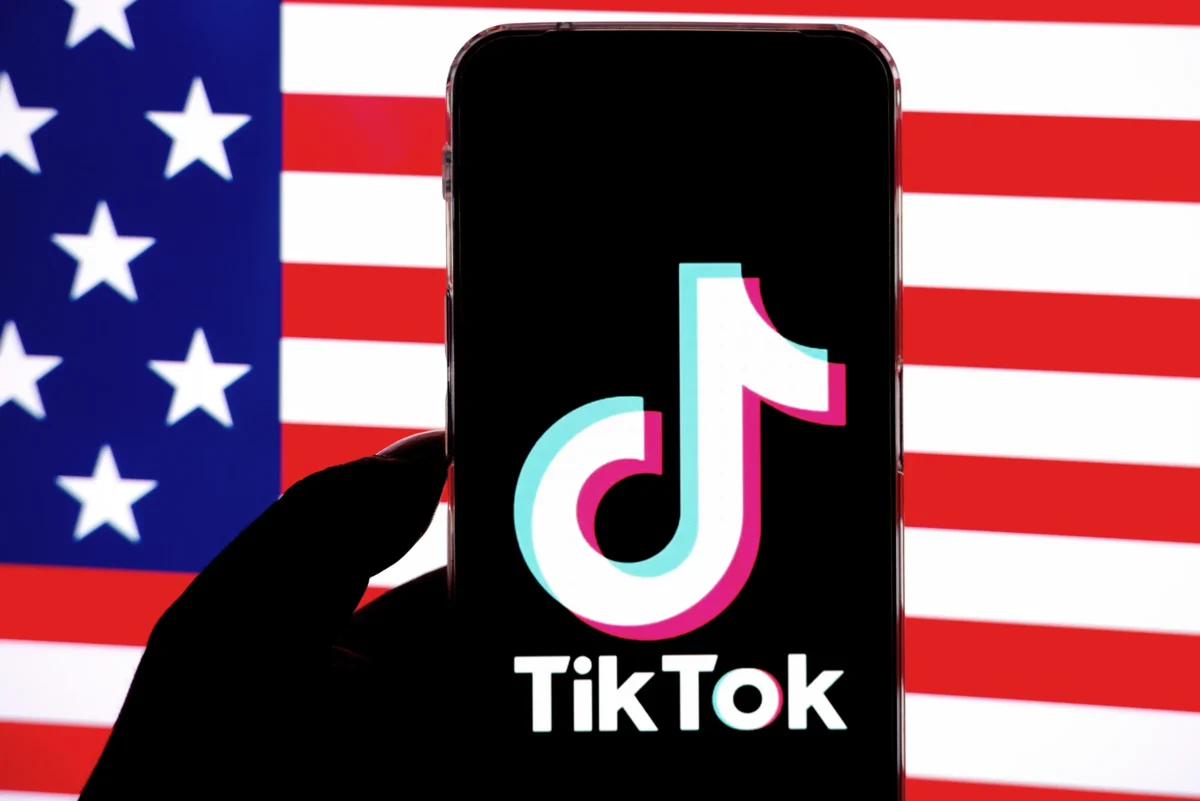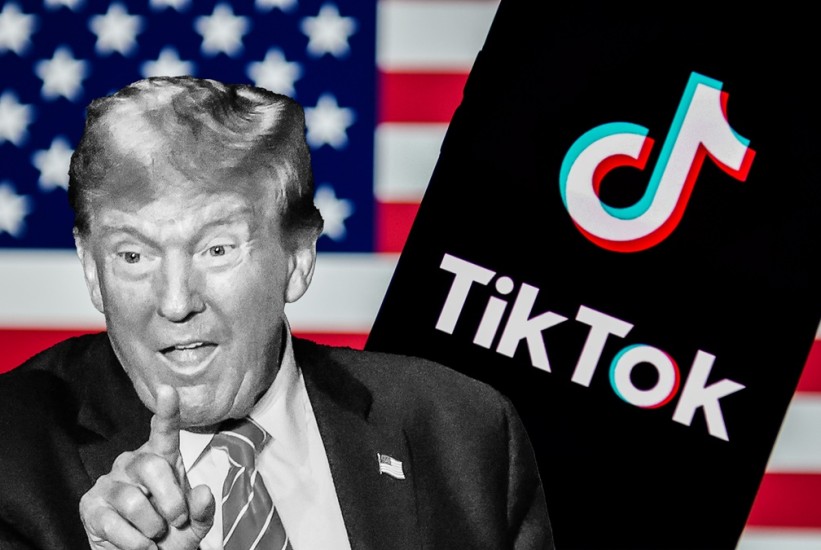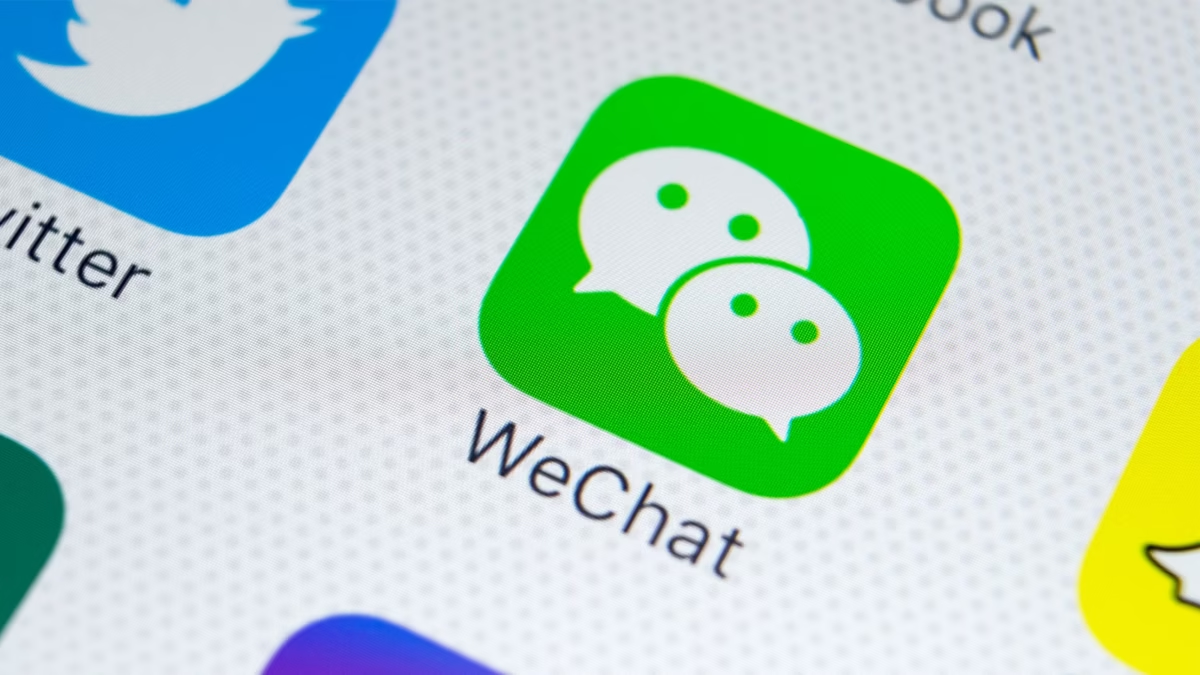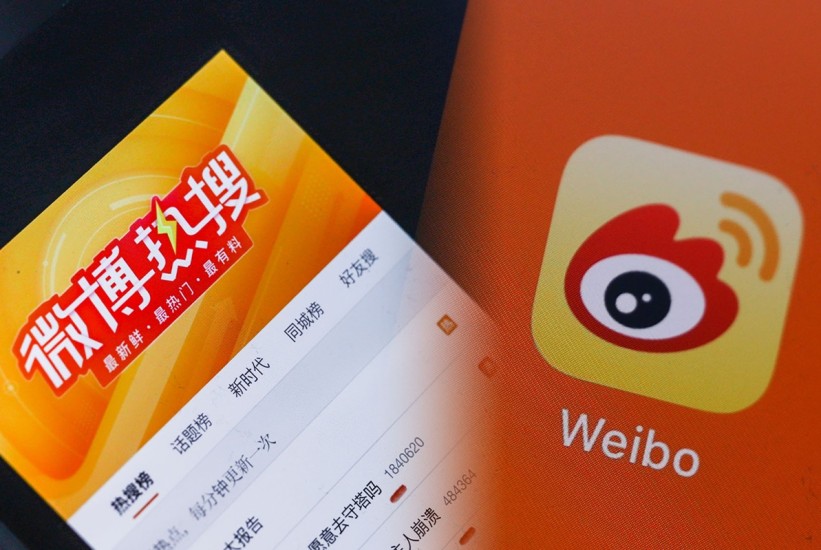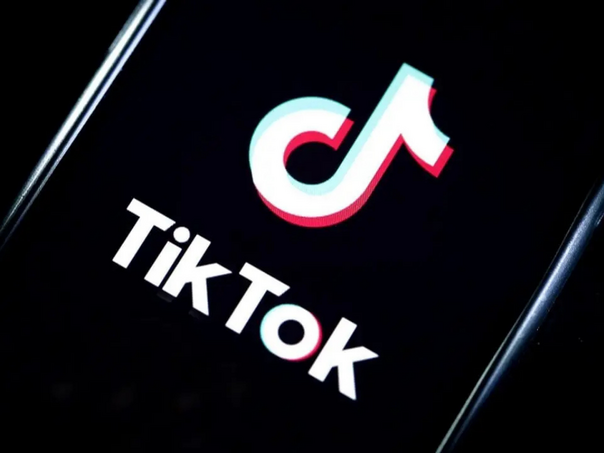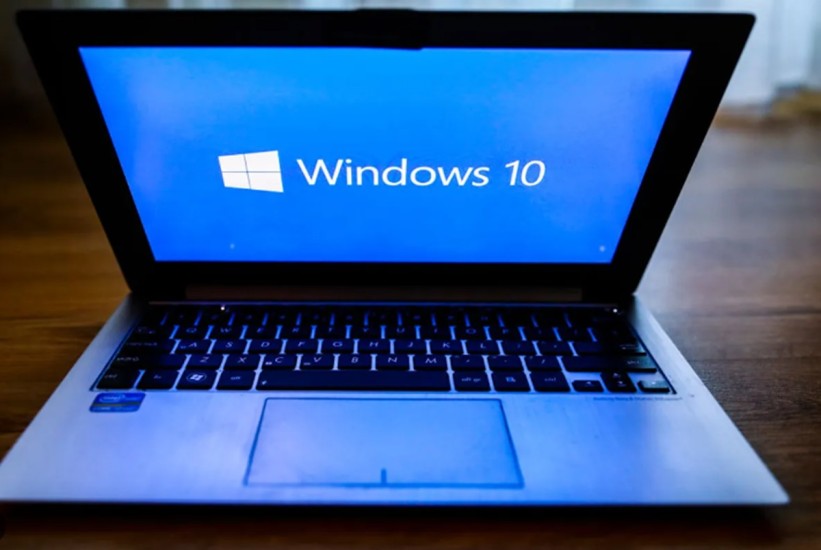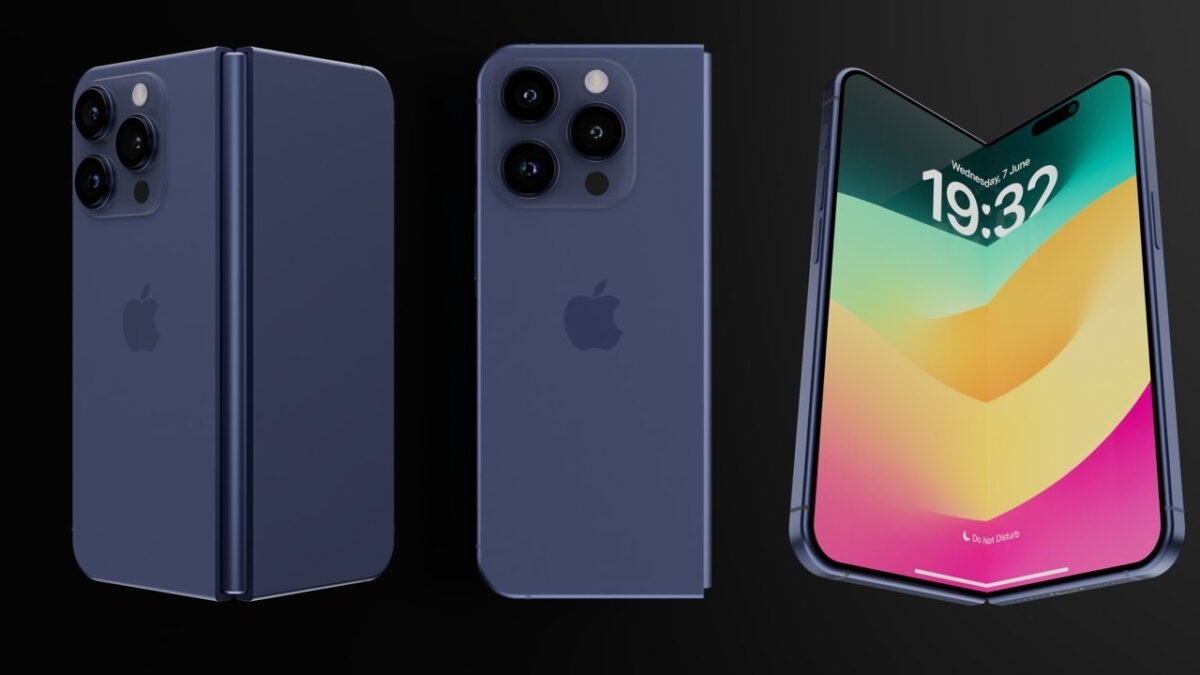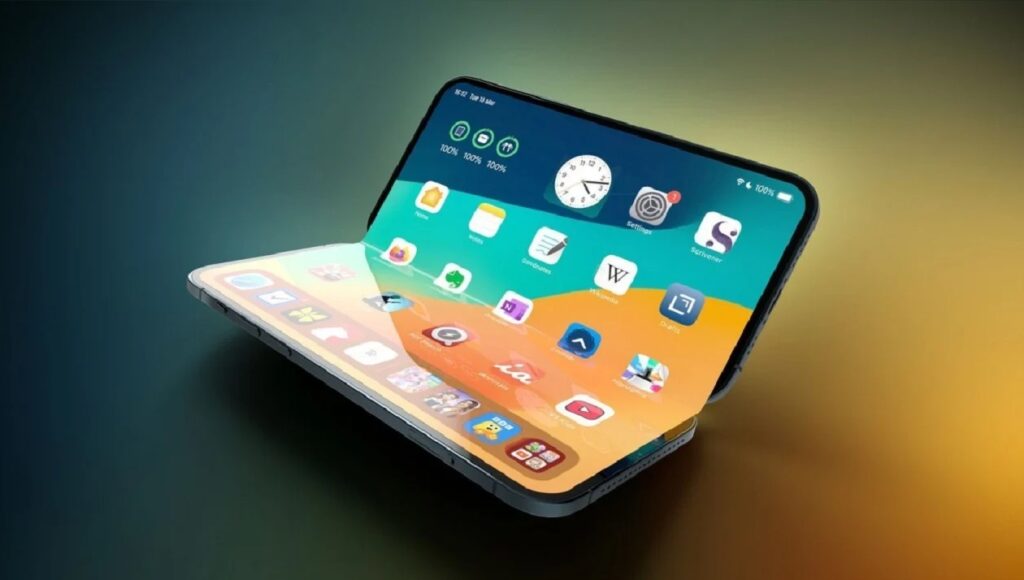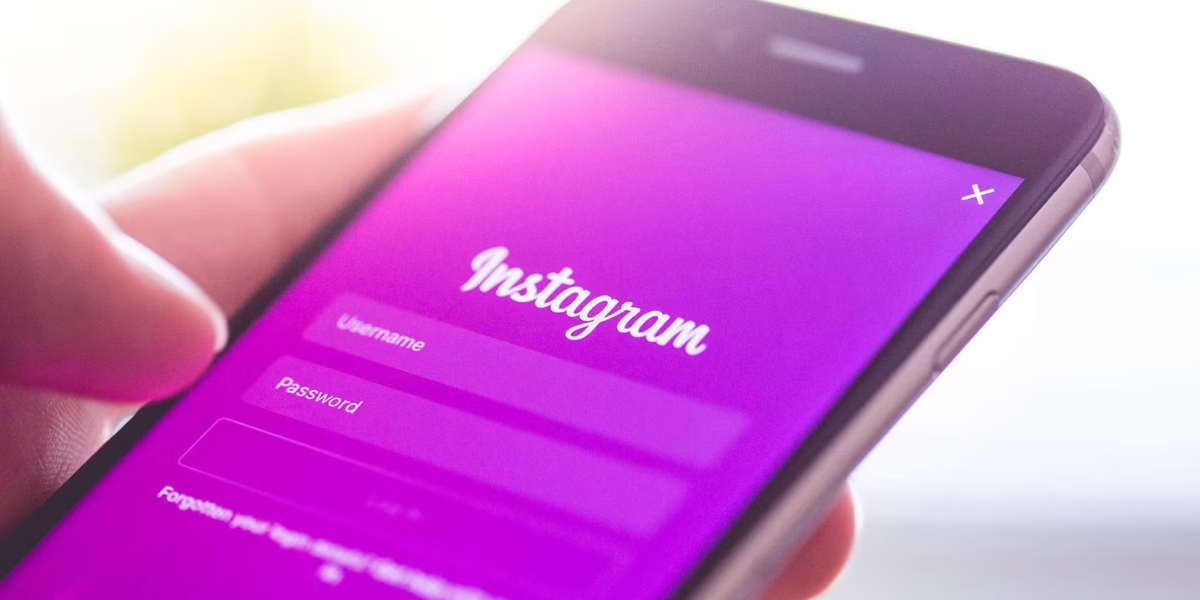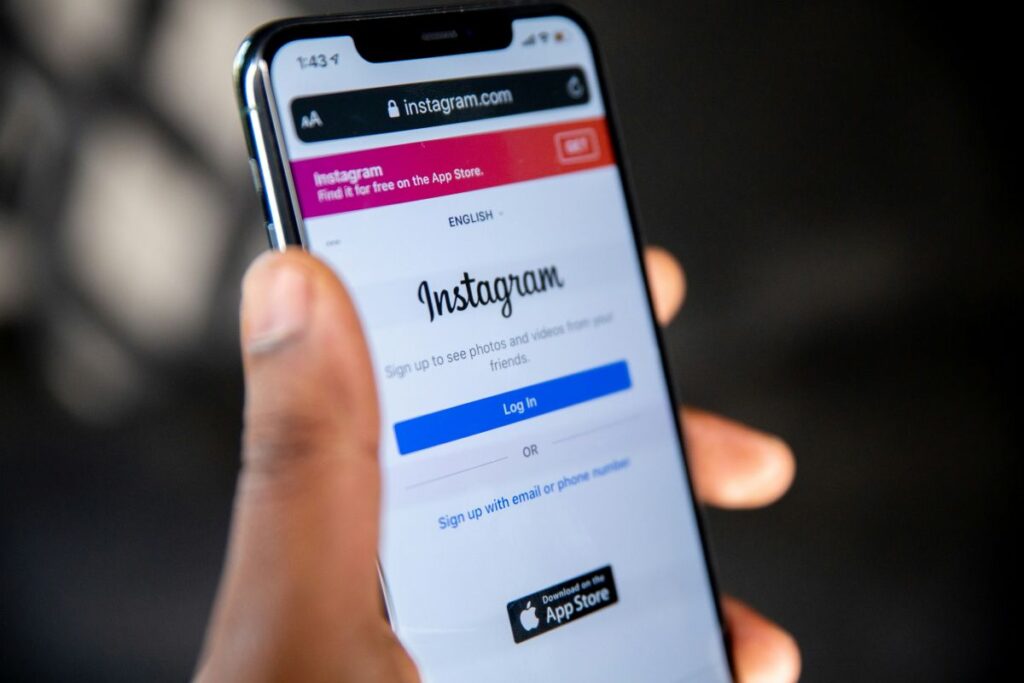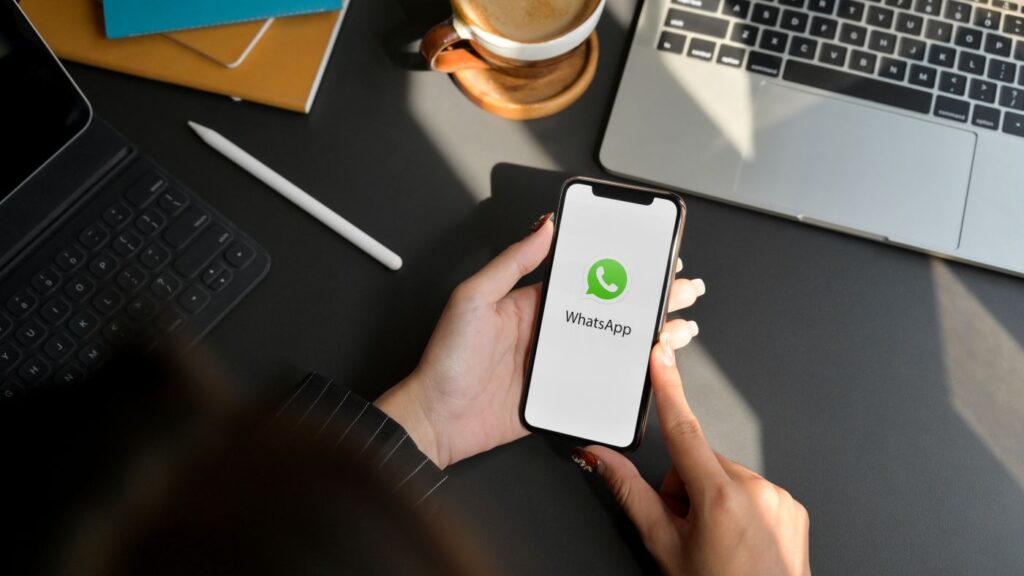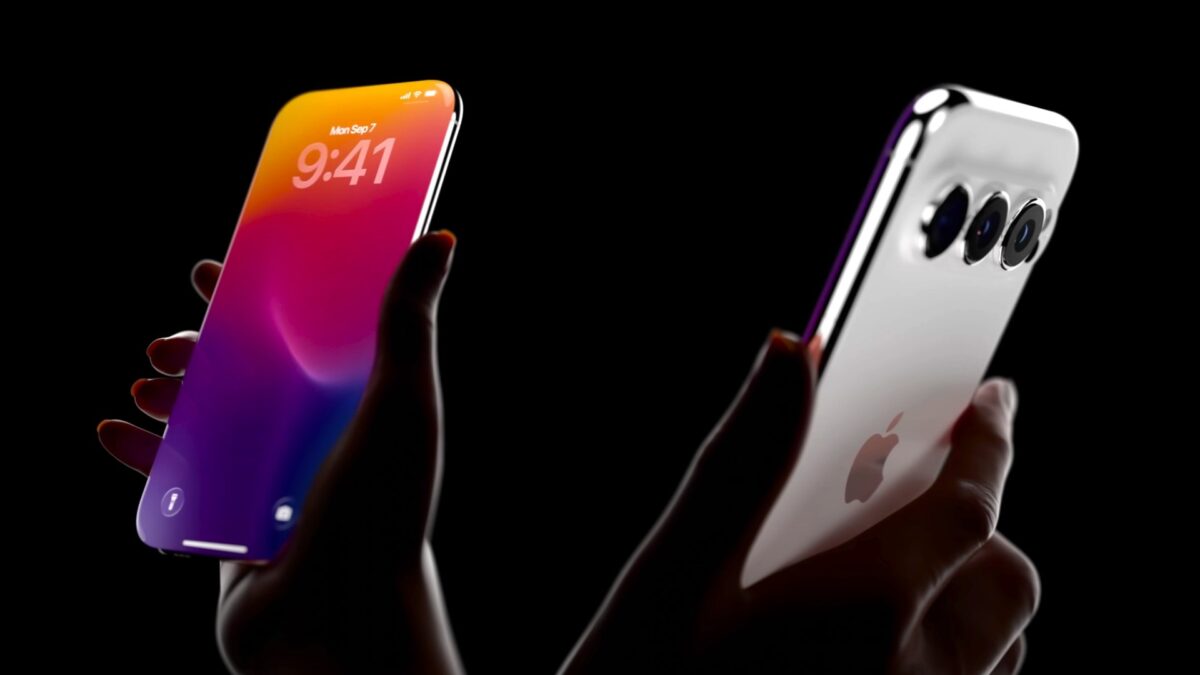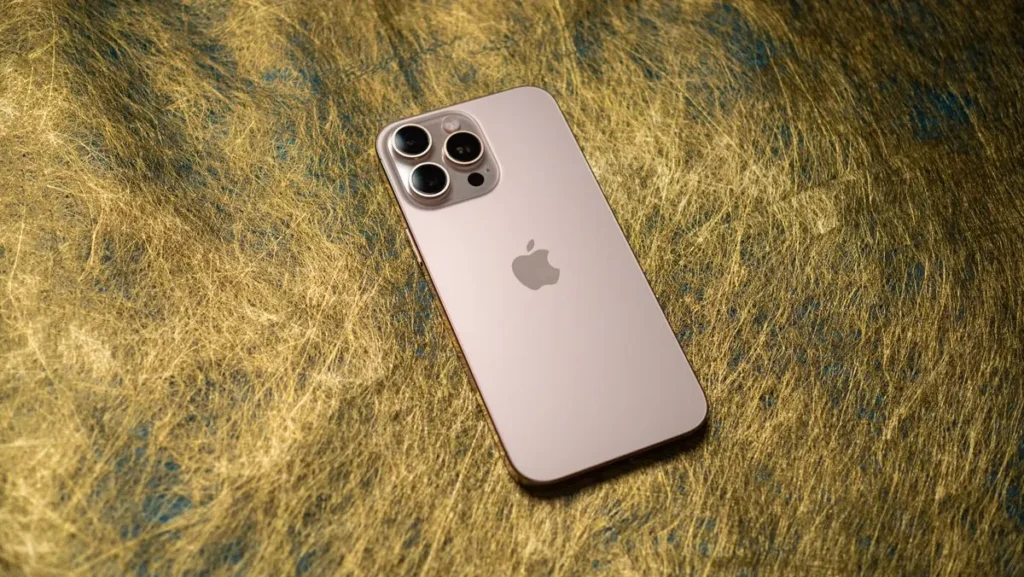Negotiations over TikTok's ownership remain active, and the future of the popular platform is still unresolved. A new arrangement may allow U.S. investors to take control of operations, while key technological components would remain under Beijing’s authority.
According to sources familiar with the matter, a preliminary agreement has been reached between the two sides, allowing the U.S. to assume operational control without transferring sensitive elements. At the center of attention is the sophisticated system behind content personalization, which would stay under Chinese ownership.
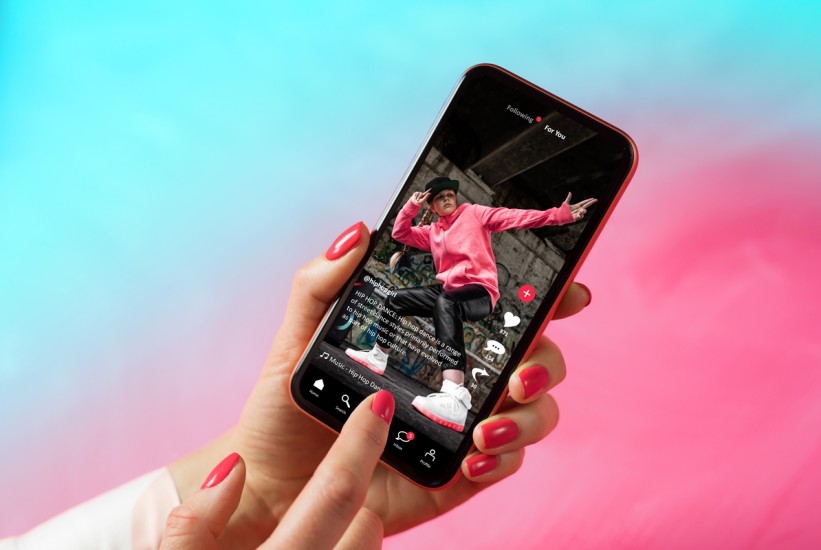
Reports indicate that part of the deal would involve licensing the technology and intellectual property, enabling use of the algorithm without transferring full control. The specifics of this arrangement are still being finalized, suggesting the deadline for a final decision may be extended.
Further coordination between the two powers is expected in order to finalize the technical and legal aspects. According to U.S. media, the American legislative body will play a crucial role in approving the final version of the deal.
Some analysts point out that development of a U.S.-specific version of the app is already underway, aiming to enable mutual content sharing between users both domestically and internationally. This would potentially open new opportunities for local creators to reach a broader audience.
It remains unclear which company or investment group will take over TikTok’s American operations. Previous speculation included major tech industry names, but no official confirmation has been provided yet.

